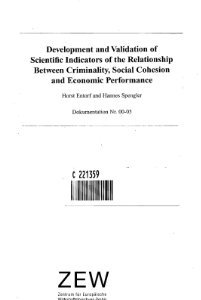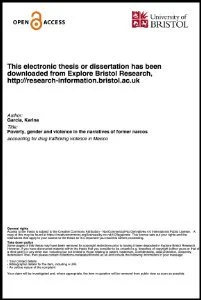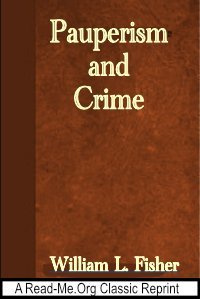By Jack Norton, Stephen Jones, Bea Halbach-Singh, Jasmine Heiss
When people are arrested and charged for activities they are forced to engage in to survive—such as driving without a license or sleeping outside—poverty becomes criminalized. In these cases, being poor is essentially made illegal. In collaboration with Free Hearts—an organization led by formerly incarcerated women—Vera researchers explain how poverty has been criminalized across Tennessee and what this means for people who live in communities in the state. The effects of the criminalization of poverty are compounded through the collection of money bail; additional fines, fees, and costs; and barriers to housing, transportation, education, and employment. With deep dives into several counties across Tennessee, the report shows how incarceration and policing are related to other systems that both punish and exacerbate poverty in the state. The report outlines actionable steps that can be taken now to build toward a vision of safety that includes all Tennesseans.
New York: Vera Institute of Justice, 2022. 58p.









